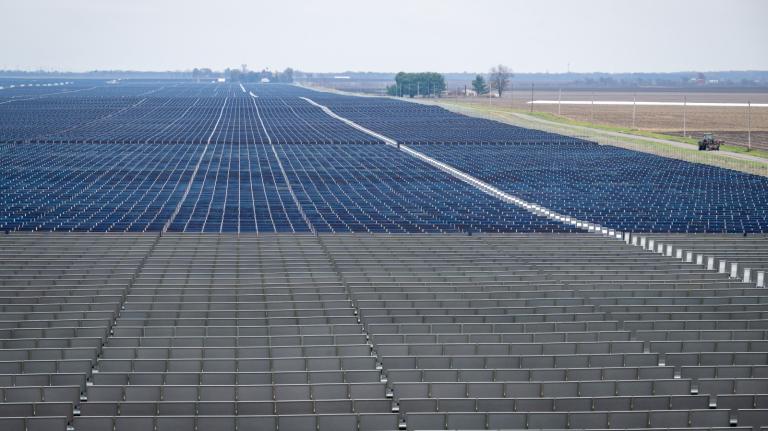Coal is the enemy of the human race, Salon edition:
This is the great paradox today: In an age of global warming and greater energy and safety awareness, we are also witnessing the great coal revival. Nearly 50 percent of our electricity still comes from coal — the very energy that runs our computers on which we read this story, or our televisions on which we watch the latest reports of cameras snaking down into the mine in Utah in search of survivors. And as our dependency on foreign oil has spilled into the politics of global warfare, dirty coal has been repackaged as “clean coal” by the current Bush administration, which has championed the growth of coal-based power. The administration has done so with an alliance of congressional supporters on both sides of the aisle. There appears to be no real commitment at this point toward renewable or non-fossil-fuel sources of energy.
The abuse of coal miners has always gone hand in hand with the abuse of the land and environment; my grandfather’s own dirt farm in the southern Illinois hills was strip-mined a quarter century after his death. (In fact, the first commercial strip-mining in Illinois began more than a century and a half ago.) Coal mining has destroyed more than 475 mountains, a million acres of hardwood forests, and a thousand miles of waterways through strip-mining. The devastating process of mountaintop removal in Appalachia (West Virginia, Kentucky and parts of Tennessee) — literally, toppling mountain ridges into valleys and waterways with massive machinery to procure the coal — has eroded swaths of land, leaving parts of the region vulnerable to water contamination and massive floods. Moreover, the nation’s power plants, 618 of which are coal-fired, contribute a substantial quantity of our nation’s carbon dioxide, sulfur dioxide and mercury emissions.
Here is the raw truth: The great coal revival of today should be seen for what it really is — a great coal crisis, both aboveground and below. Neither workplace safety nor mountaintop removal should be taken casually until the next disaster strikes.
Coal mining is emblematic of our nation’s failed energy policy.The drama unfolding in Utah is one of its latest reckonings; coal miners and their communities continue to pay the highest personal price. Until the Bush White House, Congress and our coal-dependent citizenry make genuine steps toward shifting our energy policy to renewable sources that not only sustain our energy demands but also our local economic needs, it is nothing short of a crime to deny our coal mining communities the best possible protection from accidents and the repercussions of strip-mining.

